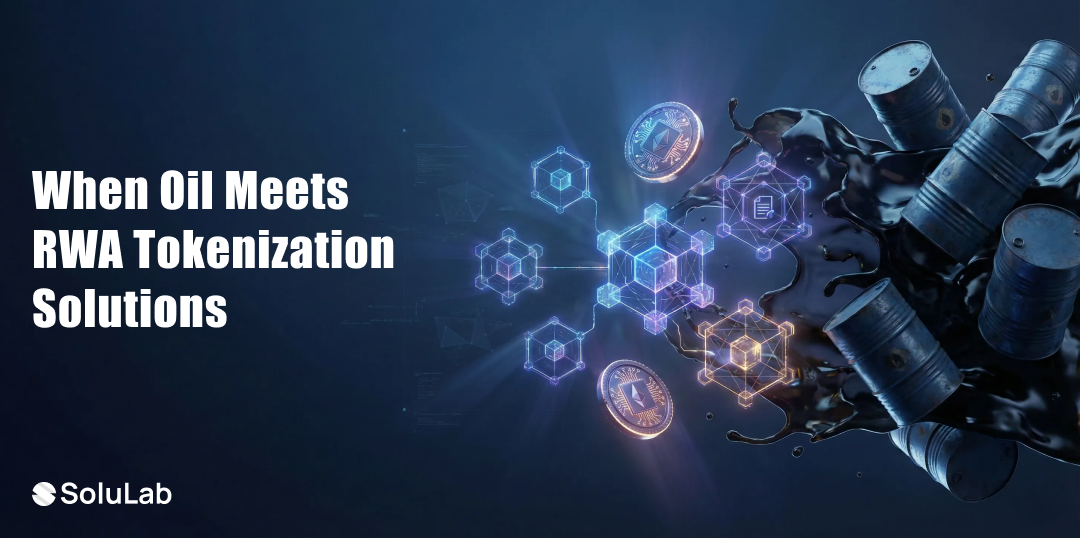
Artificial intelligence (AI) has transitioned from the back office of fraud-detection teams to the forefront of player engagement. One of the clearest signs of that shift is the way bonus systems now adapt in real time, offering cashback to a risk-averse poker fan, a reload match to a weekend slots grinder, or early VIP perks to a budding high-roller who shows potential. For casinos, the stakes are enormous: bonuses still rank among the top three factors influencing operator choice for 62 % of players globally. For players, AI promises rewards that feel more relevant and less like generic marketing spam.
Why Personalization Matters for Modern Casinos
Traditional segmentation — “send free spins to everyone who played a slot this week” — once worked. If this is something you want to learn about, grab your $75 chip with no deposit required; however, today, this approach creates two problems:
1. Rising acquisition costs. The average cost-per-registration rose 34% from 2023 to 2025, making retention cheaper than user-hunting.
2. Bonus burn-out. Blanket incentives encourage knowledgeable players to switch promotions, lowering lifetime value and creating responsible-gaming issues.
AI scores every customer on expected value, risk, and preference using hundreds of micro-signals — deposit timing, game volatility tolerance, even promo email clicks. These improvements let them personalize games, which is crucial in competitive online gambling. This improves user satisfaction and player retention.
How Artificial Intelligence Delivers Tailor-Made Bonuses
Before sending out a perfectly timed free-spin bundle or a dynamic reload offer, an online casino must understand their player and what will keep them engaged properly. A four-stage AI pipeline translates click-stream data into real-time incentives. Consider it a continuous feedback loop: every spin, deposit, or even pause between games gives the model new context, enabling it to enhance your next promotion as you play.
-
Data Collection & Unification
Real-time pipelines stream wagers, session length, wallet balance, chat logs and CRM actions into a single customer view. Privacy-safe enrichment (e.g., payment risk scoring) widens the lens.
-
Predictive Segmentation
Gradient-boosted trees or deep-learning models cluster players by churn probability, ARPU forecast and game affinity — often recalculated after every session. Fast Track’s Rewards suite applies “player modelling out of the box”, letting managers preview risk curves before hitting “go”.
-
Decision Engine
A/B-tested policies weigh operator objectives (revenue, RG scores, budget) against model outputs to pick the best bonus, timing and channel — email, push or in-game pop-up.
-
Feedback Loop
If a player ignores three offers in a row, the system downgrades that tactic’s weight, protecting margin and UX. Over time, the algorithm essentially “learns” each customer’s personal sweet spot.
From Welcome Packages to Micro-Bonuses: New AI-Driven Bonus Types
Bonuses have gone beyond sign-up goodies. Modern casinos use real-time data and machine-learning algorithms to tailor offers to players’ moods, bankrolls, and session flows. Think of them as bite-sized rewards that decrease when your engagement meter drops, rewarding curiosity without promoting expenditure. These AI-native formats are transforming retention methods.
1. Real-time “Rescue” Free Spins — Triggered when predicted tilt rises after a losing streak, offering a low-value morale boost that mitigates churn without spurring risky behavior.
2. Dynamic Reload Matches — Deposit-match percentages float with bankroll volatility; low-risk casuals see 25 %, high-value VIPs see 75 % but with higher wagering.
3. Level-Up Cashback — Combines gamification points and loss-back insurance. Percentages jump at milestones AI flags as “celebration moments”, increasing session depth.
4. Personal Jackpot Boosters — Temporarily raises progressive-slot contribution for users the model deems jackpot-motivated, driving cross-sell from table games.
5. Behavior-Based Free Bets (Sports & Esports) — Offers a bet credit tailored to the player’s average steak size and preferred league, reducing friction for casino-to-sports migration.
Balancing Personalization with Responsible Gambling and Compliance
Regulators now view bonus targeting as potential “differential inducement,” especially if vulnerable cohorts receive high-risk offers. The UK Gambling Commission’s 2024 guidance states that automated promos must avoid “triggering harmful or exploitative behaviors.” Most European markets require exclusion of self-excluded or loss-limited accounts from AI models, transparent audit logs of algorithmic decisions and real-time affordability checks before large bonus issuance.
Operators that ignore these guard-rails face fines. On the flip side, AI can strengthen compliance by flagging binge-deposit patterns faster than human teams.
Implementation Checklist for Operators
Rolling out AI-powered personalization isn’t a plug-and-play exercise — it requires disciplined planning and cross-team alignment. Use the steps below as a quick “pre-flight” to verify data quality, model transparency, and responsible-gaming safeguards before switching from pilot to full production. Treat this checklist as your minimum viable roadmap for delivering personalized bonuses in online casinos without exposing the brand to compliance or margin risk.
-
Choose an explainable model
Black-box deep nets delight data scientists but frustrate regulators. Opt for solutions with built-in SHAP or similar explainability layers.
-
Start with robust data hygiene
Before modeling, standardize tags across sportsbooks, casinos, and payments to ensure accurate results.
-
Pilot on low-risk segments
Test dynamic offers on mid-tier recreational users first, then scale to high-rollers once ROI and RG metrics look solid.
-
Align KPIs beyond GGR
Track retention uplift, bonus cost-to-revenue ratio and RG markers like deposit frequency spikes to avoid short-term gains turning into compliance headaches.
-
Iterate weekly
Bonus relevance decays quickly; feed fresh labels into the model at least every seven days to capture new games, seasonal events or macro factors.
Conclusion
Players frustrated with mismatched gifts and operators seeing advertising spending grow are seeing AI-driven customization change the bonus environment. A cheaper marketing cost, better player protection, and retention improvements in the double digits are all benefits of being an early adopter. As machine-learning engines improve and regulation tightens, we’ll likely see even more granular incentives: think micro-bonuses reacting to a single unlucky spin or bespoke VIP ladders that adapt to your payday schedule.
The takeaway for gambling establishments is simple: use AI that can be explained, enforce responsible gaming policies, and iterate quickly. For players, it’s an invitation to enjoy offers that finally feel as unique as your taste in games, without the inbox clutter. The only real question left is not if AI is shaping personalized bonuses, but how quickly your favorite platform will catch up.



